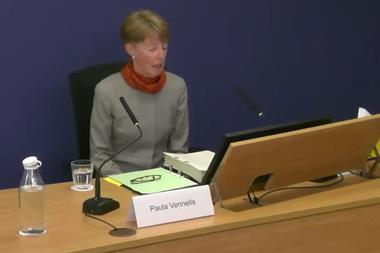
The Association of Convenience Stores (ACS) has welcomed the Low Pay Commission’s (LPC) new remit for 2024 but has emphasised the need for greater discretion and flexibility when it comes to determining wage rates.
In 2024, the national living wage reached the government’s longstanding target of two thirds of median earnings, but “the future trajectory of the national living wage and national minimum wage rates beyond 2024 have been uncertain until now,” said the ACS.
In the document setting out the LPC’s remit for 2024, the government has confirmed its intention to raise minimum wage rates as high as possible without damaging employment prospects and has asked the LPC to make recommendations on that basis.
In making its recommendations for the minimum wage rates, the LPC is asked to consider the state of the economy, employment and unemployment levels and the wider labour market, business impacts, and relevant policy changes.
Moreover, the LPC has published a paper ‘National Living Wage Beyond 2024’, exploring options for how the statutory wage rate should be set in the future and how to address one-side flexibility in the labour market.
It has recommended the government to choose one of its two published models for setting the national living wage in the future.
ACS chief executive James Lowman praised the ongoing conversations with the LPC and the government on how wage rates should be set in the future: “These decisions directly impact wage budgets for convenience retailers. Our preference is the LPC to have more discretion and flexibility over setting wage rates to account for economic shocks, changes in the labour market and business confidence.
“The convenience sector offers local, secure and flexible work that benefits employees and retailers. We want to see more done to promote the sort of good work we offer in our industry, but we must ensure that further regulation as suggested by the LPC does not inadvertently damage genuinely flexible employment opportunities with responsible employers.”
The ACS added that it plans to work closely with the LPC throughout its evidence gathering process before it makes its recommendations in October, which are set to be implemented in April next year.




























No comments yet